
Bo: More Than A Good Heart
Many ask, "I have a good heart and am a decent human who tries to help those in need whenever I can. What do I need a bunch of strange rituals for?"

“…and the blood shall be for you a sign on the houses where you are, and I shall see the blood and pass over you.” (Exodus 12:13).
Why does Hashem need the Jews in Egypt to wipe the blood of their Pascal sacrifice on the doorpost of their houses? Doesn’t Hashem know in His omniscience which house has Israelites inside and which house has Egyptians? Certainly, Hashem doesn’t need signs on doorposts to know who’s inside. But, as Rashi explains here, Hashem wants His chosen people to be busy with performing His commandments; when they are, all stern judgments “pass over” them; from here, the holiday Passover – Pesach, in Hebrew – gets its name.
Why did Hashem want the Jews to smear blood on their doorposts? The Torah, when commanding us not to eat the blood of an animal it contains the animal’s soul.[1] In the act of an animal sacrifice, the blood of the sacrificed animal is an atonement for the blood of the person who offered the sacrifice; the person must also repent and ponder his misdeeds, contemplating that his blood should have been spilled for what he did. The animal’s blood atones for the sinner’s blood, in the manner of a soul for a soul. As such, the Sefer Chinuch explains, that the prohibition of eating the blood of an animal is that it isn’t befitting that one soul eat another soul.[2]
Today, unfortunately, we don’t have our Holy Temple in Jerusalem or our ritual sacrifices. Even so, the concept of a soul for a soul is still with us, when the soul of a lower level of creation (such as the animal) has the power to atone for a higher level of creation (man). The custom of Kaparot before Yom Kippur is a reminder of the holy sin-offerings of yesteryear. Each Jew, according to his own custom, redeems his soul with that of a chicken, a fish or charity money. The Chofetz Chaim writes that the person performing the Kaparot should think that everything being done to the chicken should actually be done to him, but by way of his teshuva, Hashem removes the stern decree against him.[3] The Shaar Hatziyun adds that  the Kapara atones for the four types of death penalties.
the Kapara atones for the four types of death penalties.
Again, we must ask ourselves, why isn’t teshuva enough? Isn’t it enough to have remorse in our heart? What do we need the Kaparot custom of swinging a chicken, fish or charity money around our heads for?
We learn from the our forefathers’ mitzva of the blood on the doorpost that our preoccupation with performing Hashem’s commandments has a special power of atonement that rescues a person from stern judgments and harsh decrees. Even though the Kaparot before Yom Kippur is only a custom, it is performed in lieu of and in remembrance of a lofty mitzva, the sin offering in the Holy Temple.
So many people ask, “I have a good heart. I try my best to avoid hurting a single soul on earth. I am decent, considerate of others and try to help those in need whenever I can. What do I need teshuva and all these strange rituals for? What relevance do they have to modern society?”
The answer to the above questions is right in our passage at hand. Hashem wanted our ancestors to smear the lambs blood on the doorposts of their dwellings in Egypt, whether a person was a Rosh Yeshiva, a bricklayer or a mule-driver. Those who didn’t perform the commandment didn’t see the light of the next day, much less merit to be redeemed from the land of Egypt.
A primitive tribesman who is suffering from a bronchial infection looks strangely at a small antibiotic capsule and asks how that little pill will relieve his cough and respiratory difficulties. He doesn’t realize that the antibiotic destroys the harmful bacteria that caused the infection in his bronchial tract. By the same token, a spiritually-unaware individual asks why he needs the “strange and seemingly irrelevant” rituals. Our sages answer that each commandment corresponds to an organ or appendage of the body and soul; the health of both body and soul depend on the fulfillment of all of Hashem’s commandments.
An Israelite might have had “a good heart”, but if he didn’t smear lambs blood on his doorpost, he didn’t make it out of Egypt. Our redemption, both from ancient Egypt as well as the full redemption of our people that we yearn for, is dependent on the fulfillment of Hashem’s commandments. Anyone who puts a kosher mezuza on his doorpost – like our forefathers who smeared the lambs blood on their doorposts – declares that he and his family are pat of the nation of Torah who respects and fulfill’s the Almighty’s commandments. Fulfilling all the mitzvoth of Torah – whether or not we understand their rationale – invokes the measure of Divine compassion that will surely lead to the full redemption of our people, speedily and in our days, amen!






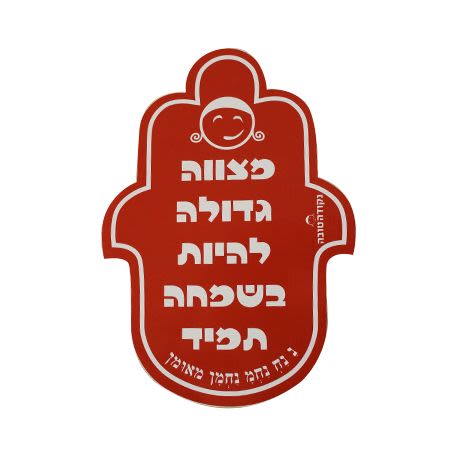
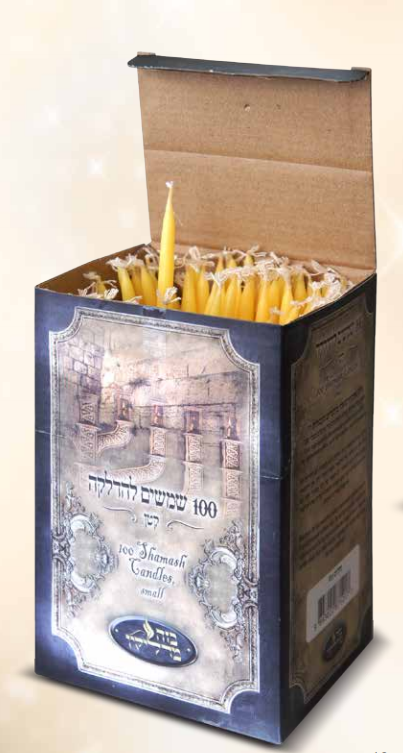
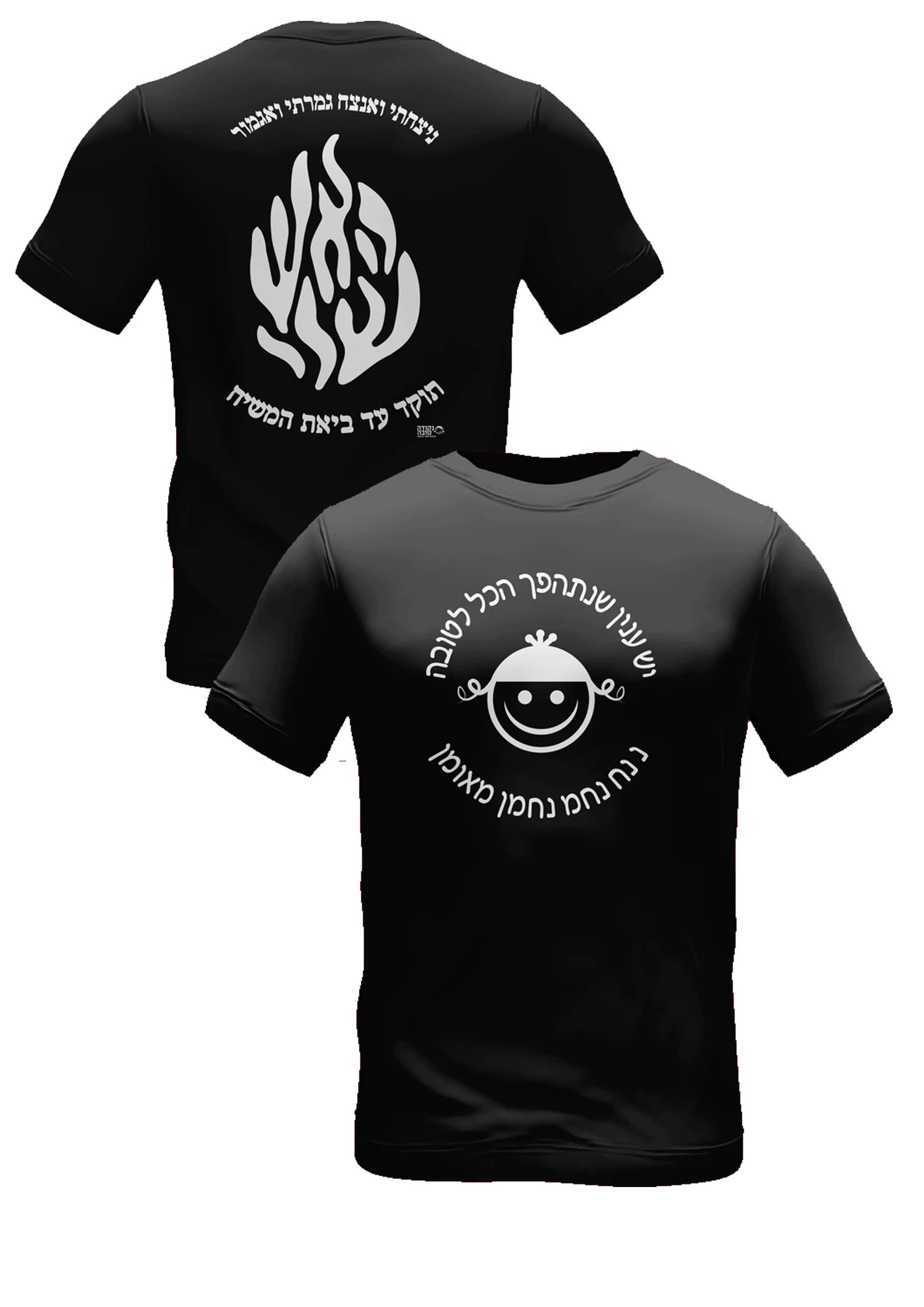
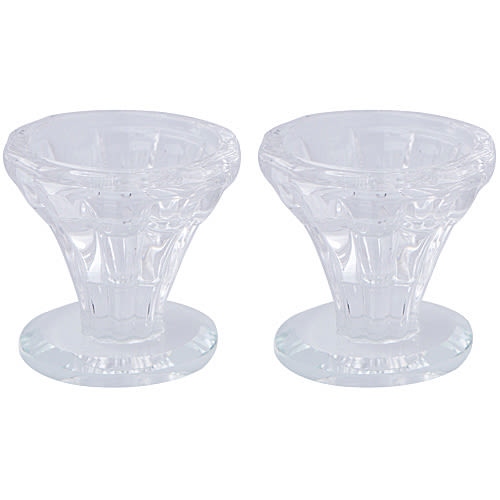
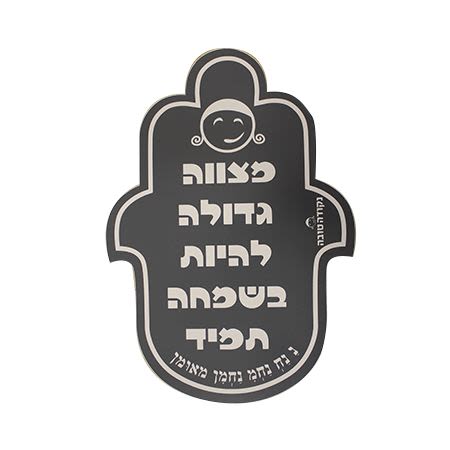
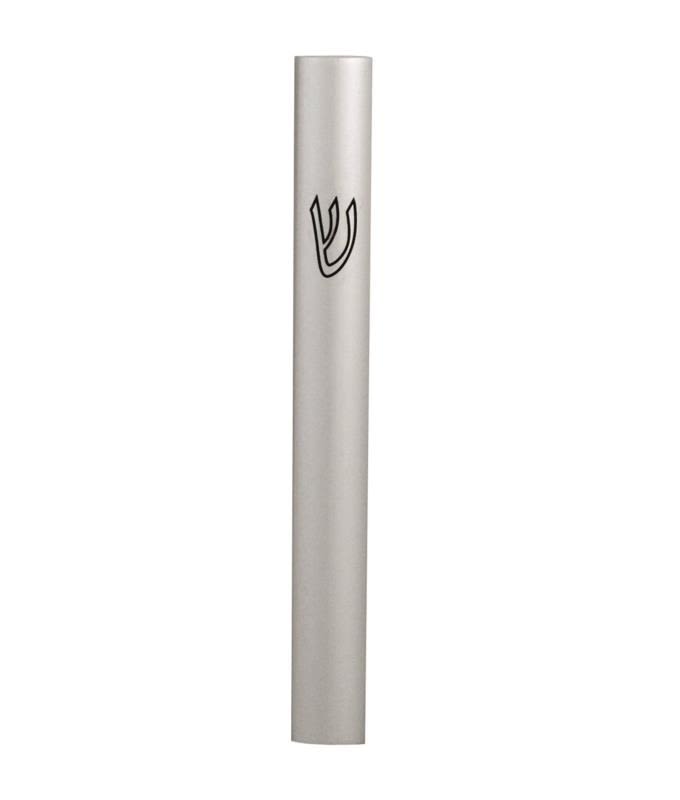
Tell us what you think!
Thank you for your comment!
It will be published after approval by the Editor.